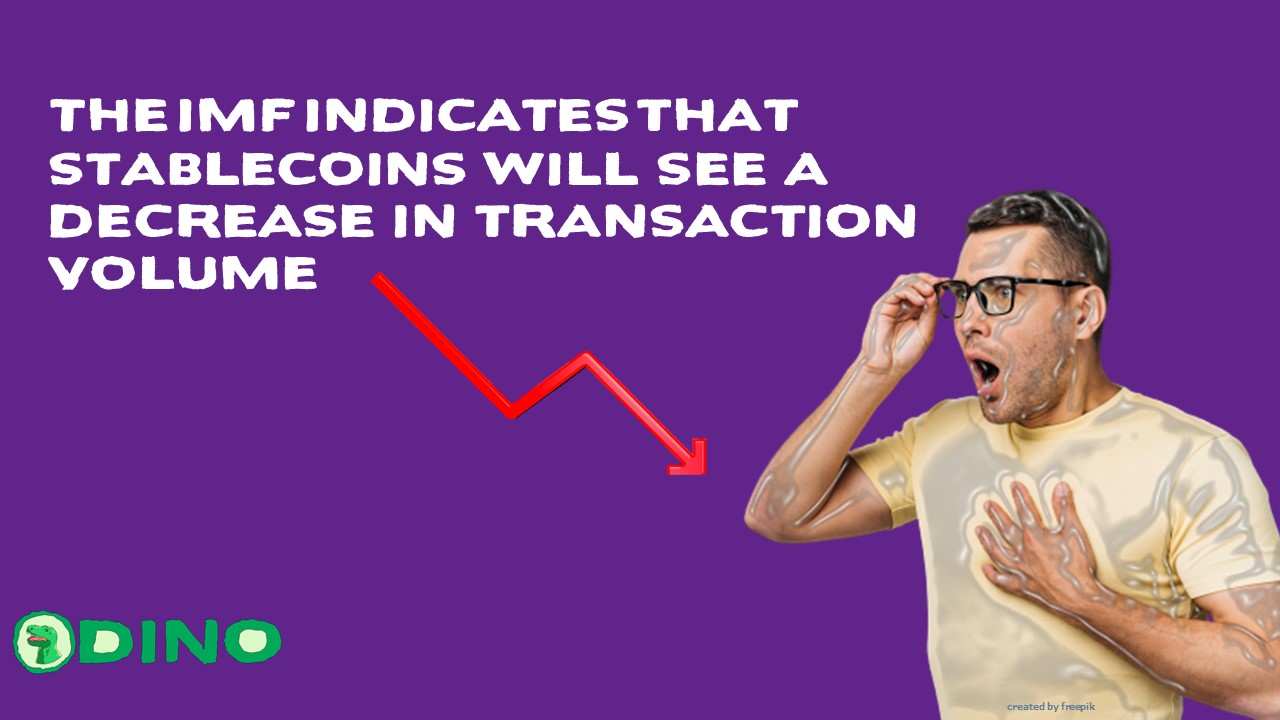In the age of digital innovation, cryptocurrencies have been garnering widespread attention, changing the face of global economies. Japan, a nation known for its technological prowess, is no exception. This article will shed light on the adoption, regulation, and the promising future of cryptocurrency in Japan.
Crypto Adoption in Japan
Japan has been at the forefront of technological advancements, and its stance on cryptocurrency is no different. Crypto adoption in Japan has been growing at a steady pace, particularly after Bitcoin was declared legal tender in 2017. The willingness of the Japanese populace to embrace technology, coupled with the country’s robust infrastructure, has enabled a significant percentage of the population to invest in and use cryptocurrencies in their daily transactions.
Statistics from the Japan Virtual and Crypto Assets Exchange Association (JVCEA) show a sharp increase in the number of cryptocurrency spot transactions by JVCEA members between October 2020 and February 2021, including some of the largest exchanges in the nation like bitFlyer and Rakuten. The amount traded increased from over 73 million yen in October 2020 to over 417 million yen by the end of February 2021. This avalanche of transactions peaked in January 2021 at around 28.5 billion bitcoin units moved. Even while the most recent data from March shows a lower level of trading at 11 billion units, trading in 2021 has thus far surpassed levels of 2020, which typically averaged 6 billion units each month. business developments that are connected.
Crypto Rules in Japan
The Japanese government has been a pioneer in the field of crypto regulation, setting a precedent for many countries. The Payment Services Act, amended in 2016, recognized Bitcoin and other digital currencies as legal property. It requires all cryptocurrency exchanges operating in Japan to register with the Financial Services Agency (FSA), and adhere to strict regulatory measures intended to protect consumers and prevent illegal activities such as money laundering.
In 2020, further amendments were made to reinforce the regulatory framework, leading to the introduction of the revised Financial Instruments and Exchange Act and the Payment Services Act. These amendments classified cryptocurrencies as “crypto assets” to prevent confusion with legal tender, and introduced new regulations to enhance the security of crypto exchanges.
Here are some notable moments of crypto rules in Japan:
25-05-2016: The Japanese Parliament enacted a bill that amends both the Payment Service Act (PSA) and the Criminal Procedure Transfer Act. These amendments were designed to bring cryptocurrencies and their exchanges under regulatory oversight.
01-04-2017: Following lengthy deliberations, the Financial Service Agency of Japan (FSA) recognized cryptocurrencies as a legitimate payment method, giving them the same status as traditional currencies. The new regulation set out capital requirements for exchanges, as well as cybersecurity and operational rules.
30-09-2017: The FSA issued licenses to 11 businesses, allowing them to operate as cryptocurrency exchanges. To obtain these licenses, the companies had to meet several stringent requirements.
30-04-2018: Japan’s FSA advised exchanges to avoid dealing with certain cryptocurrencies such as Monero, Zcash, and Dash. The FSA cited concerns that these cryptocurrencies could be exploited for illegal activities due to their anonymity.
07-08-2018: The Japanese Virtual Currency Exchange Association (JVCEA), a consortium of 16 licensed Japanese exchanges, submitted an application to the FSA to be recognized as a self-regulatory body.
13-08-2018: Following the Coincheck exchange hack earlier in the year, Japan’s FSA disclosed the results of inspections conducted on 23 cryptocurrency exchanges. The FSA announced that 7 out of these 23 exchanges were fully regulated, while the others were classified as dealers with pending applications.
24-10-2018: The FSA officially sanctioned the Japanese Virtual Currency Exchange Association (JVCEA) to operate as a self-regulatory body, with the responsibility of setting rules for cryptocurrency exchanges.
12-02-2019: Mitsubishi UFJ Financial Group (MUFG), Japan’s largest bank, announced its partnership with the American internet startup Akamai. Together, they plan to develop and implement the world’s fastest blockchain-based payment network, aiming to process millions of transactions per second in preparation for the 2020 Tokyo Olympics.
18-03-2019: The Japanese government approved draft amendments that would regulate the margin trading of cryptocurrencies. Exchanges offering margin trading services were required to register with the government, with non-compliant exchanges facing closure.
19-04-2019: The Financial Service Agency (FSA) of Japan issued new regulations requiring cryptocurrency exchanges to enhance the internal oversight of ‘Cold Wallets’ used to store users’ funds. The FSA also limited the use of less secure hot wallets.
17-07-2019: The FATF approved plans to create a new international network for cryptocurrency payments, akin to the banking SWIFT network. The goal was to combat money laundering. A FATF team would oversee its development, and Japan pledged cooperation with other nations.
08-09-2019: Yuriko Koike, the Governor of Tokyo, proposed the issuance of a digital currency to residents who have made significant contributions to environmental conservation and poverty eradication. The currency’s name has not been disclosed yet.
24-04-2020: Japanese regulators approved Huobi Token, the first international cryptocurrency exchange, to operate within the country.
18-05-2020: Japan’s JCB partnered with the local venture capital firm TECH FUND to create a sustainable blockchain-based transaction system.
19-05-2020: Japan’s ATMs were set to be integrated with the Ripple-powered MoneyTap to standardize banking services, including new bill and passbook issuance.
Crypto Future in Japan
Despite the rigorous regulatory environment, the future of crypto in Japan looks promising. The government’s proactive approach towards regulation suggests a commitment to create a secure and transparent crypto market rather than to stifle innovation.
Furthermore, Japan’s exploration of a Central Bank Digital Currency (CBDC), known as the digital yen, indicates a growing acceptance of digital currencies within the formal financial ecosystem. The pilot for the digital yen, set to commence in the near future, could potentially revolutionize the financial landscape of Japan and bolster the adoption of crypto even further.
In conclusion, Japan’s approach to crypto regulation offers an intriguing blend of stringent oversight and technological embrace. As Japan continues to navigate through the complex world of crypto, the nation’s influence on global crypto regulation remains a topic of keen interest worldwide.
More News About Crypto : NEWS
Follow our Twitter : https://twitter.com/DinoDapps




